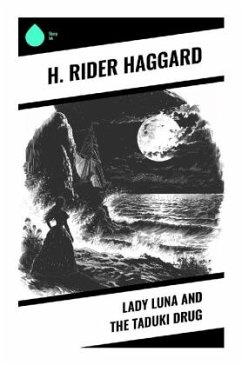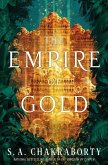In "Lady Luna and the Taduki Drug," H. Rider Haggard crafts a compelling tale that intertwines adventure, romance, and the exploration of the mystical and medicinal properties of the Taduki plant. The narrative unfolds in Haggard's quintessential Victorian style, employing rich, descriptive language and vivid imagery that transport readers to exotic locales. Set against the backdrop of adventure literature, this novel showcases Haggard's fascination with lost civilizations and uncharted territories, making it a notable addition to his oeuvre that can be interpreted through post-colonial lenses as it contemplates the intersection of Western and indigenous perspectives. Haggard, an English writer, gained fame for his adventure novels, notably "King Solomon's Mines," drawing on his own experiences in South Africa. His extensive travels informed his storytelling, leading him to delve into the themes of imperialism and the complex interactions between colonizers and colonized societies. "Lady Luna and the Taduki Drug" reflects his keen interest in the mystical narratives surrounding native cultures and their practices, a pursuit that mirrored his life and times as he grappled with the implications of British colonialism. Readers seeking a captivating blend of adventure and cultural exploration will find "Lady Luna and the Taduki Drug" to be an enriching experience. Haggard's ability to weave profound themes into thrilling narratives makes this novel not only entertaining but also a thought-provoking commentary on the dynamics of culture and nature. This book is highly recommended for those intrigued by classic adventure literature and the nuanced discussions it invites.
Bitte wählen Sie Ihr Anliegen aus.
Rechnungen
Retourenschein anfordern
Bestellstatus
Storno








